Author: Niu Tanqin
Who would have thought, South Korea changed overnight, President Yoon Suk-yeol flipped the table.
Late on December 3, he suddenly announced a state of emergency in South Korea.
A friend asked: What does a state of emergency mean?
It involves matters of national importance. It means using force, arresting people, and even killing. It’s worth noting that the last time South Korea declared a state of emergency was over 40 years ago.
Subsequently, the South Korean military took to the streets, citizens in Seoul protested, and countries around the world were shocked. But in the early hours of the morning, news came from the South Korean National Assembly that the state of emergency had been overturned by the Assembly.
Everything was thrilling, and South Korea had a sleepless night.
This is purely a personal opinion, here are 10 key questions.
Question 1: What was the trigger?
Yoon Suk-yeol accused that the emergency declaration was a “last resort” for the sustainability of the Republic of Korea, aiming to eliminate “influences from the North” and to maintain “freedom and constitutional order.”
In other words, the opposition party was aggressive, and he, as president, could no longer continue; it was time for a decisive battle!
But aside from these words, an undeniable factor is that Yoon Suk-yeol was furious for the sake of a woman.
The trigger was the bribery case involving his wife, Kim Keon-hee. Kim Keon-hee received a Dior handbag, and the opposition party seized on this, not ruling out the possibility of her ending up in prison. Yoon Suk-yeol could no longer tolerate it and directly announced the state of emergency.
“For the woman I love, I declare war against the world!”
Don’t think that such themes only play out in novels and on screen.
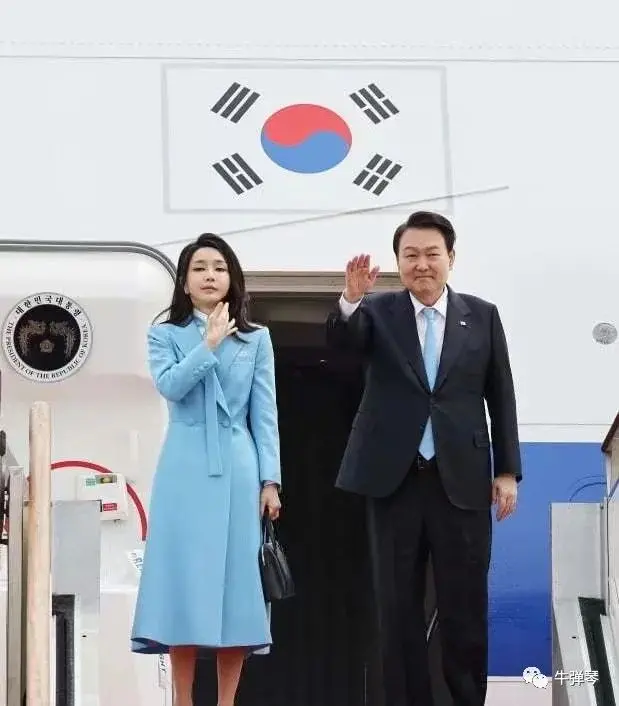
Question 2: How did South Korea declare a state of emergency?
General Park An-soo of the South Korean Army was appointed as the commander of the emergency operations. The emergency command quickly issued the first order: a state of emergency would begin at 11 PM local time on December 3 (10 PM Beijing time).
The first article of the emergency order: Prohibit activities of the National Assembly and local councils, as well as political activities, political associations, gatherings, demonstrations, and all political activities.
What is this?
It is essentially akin to a coup.
Only this time, the president personally initiated the coup, which is truly shocking.
More critically, on one side is the president and military leaders, and on the other side are the opposition and ruling parties.
If the ruling party does not stand by the president, things will spiral out of control.
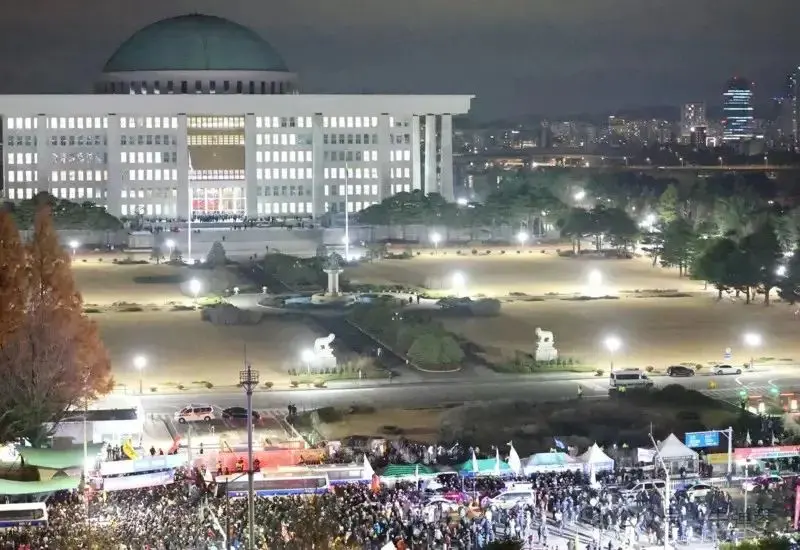
Question 3: How do the South Korean people view this?
Shock, shock, and more shock.
Internal strife in South Korea is intense, and the whole world knows it, but the fact that the supreme leader declared a state of emergency is still unfathomable.
The leader of the opposition party, Lee Jae-myung, stated during a live broadcast: “The state of emergency is not to defend the constitution, but a fatal blow to democracy.”
A large number of citizens disregarded the state of emergency, braving the cold to protest and prevent the military from entering the National Assembly.
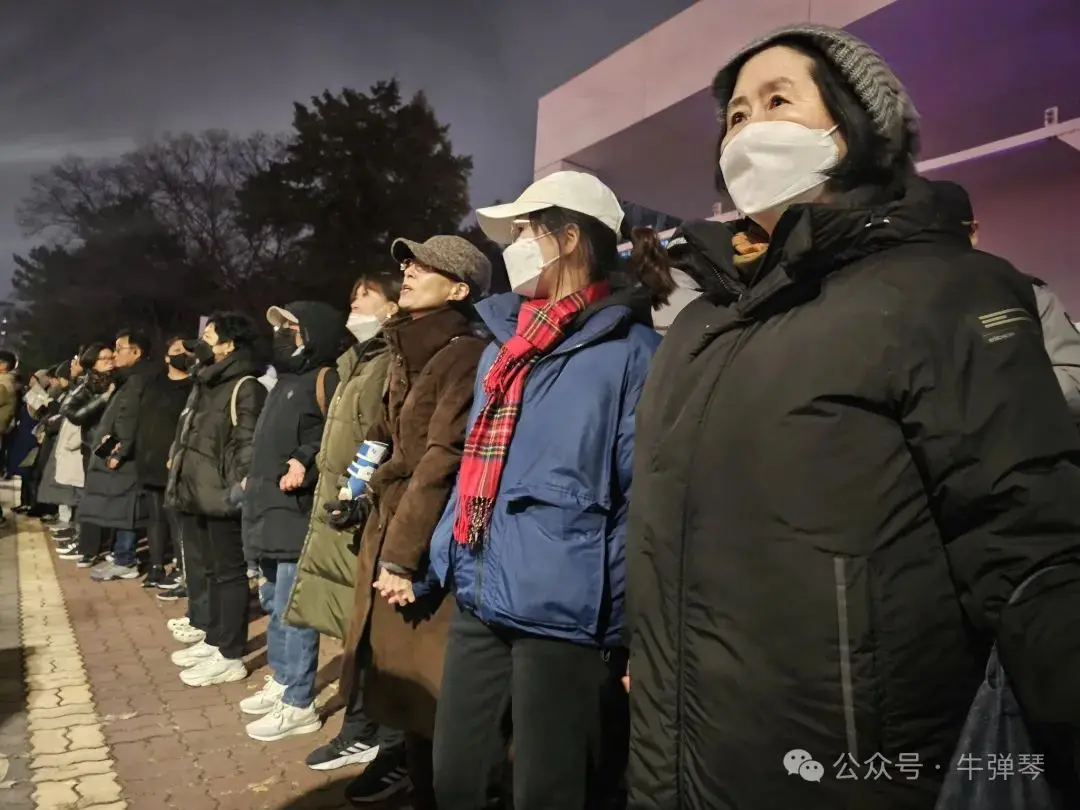
Question 4: What about the South Korean military?
In a typical state of emergency, the military would definitely be deployed, armed to the teeth, and there might even be gunfire.
But in South Korea, the military was quite clever.
Orders had to be followed, so special forces were deployed; however, any excessive enforcement that led to bloodshed would definitely be accounted for later.
Thus, we see that while Yoon Suk-yeol was anxious, the military was quite relaxed, in fact, they were letting things slide, and a large number of lawmakers still stormed into the National Assembly, with opposition leader Lee Jae-myung casually climbing over the wall to enter the Assembly while live streaming.
Very dramatic.
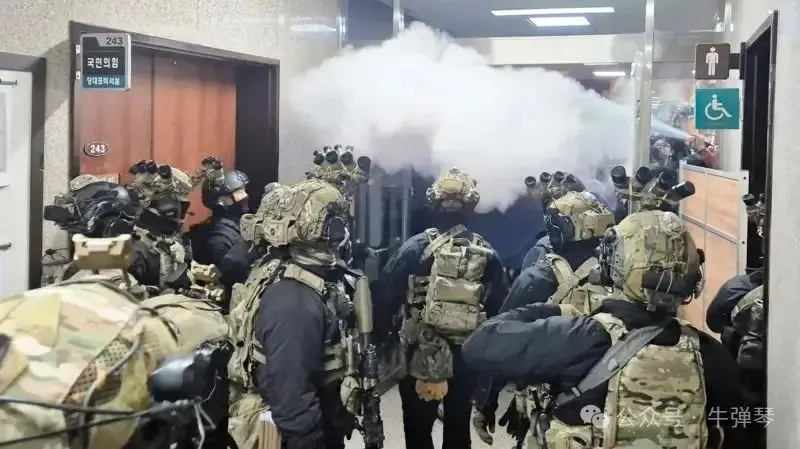
Question 5: How do the U.S. and the world view this?
The U.S. stance is crucial.
The U.S. stated, “We are closely monitoring the situation.” U.S. Deputy Secretary of State Campbell further commented: “We hope that any political disputes can be resolved peacefully in accordance with the rule of law.”
Looking at the international reaction, it was almost overwhelmingly one of shock, condemnation, or calls for restraint and dialogue to resolve the issue.
This overwhelming response has further isolated Yoon Suk-yeol’s government.
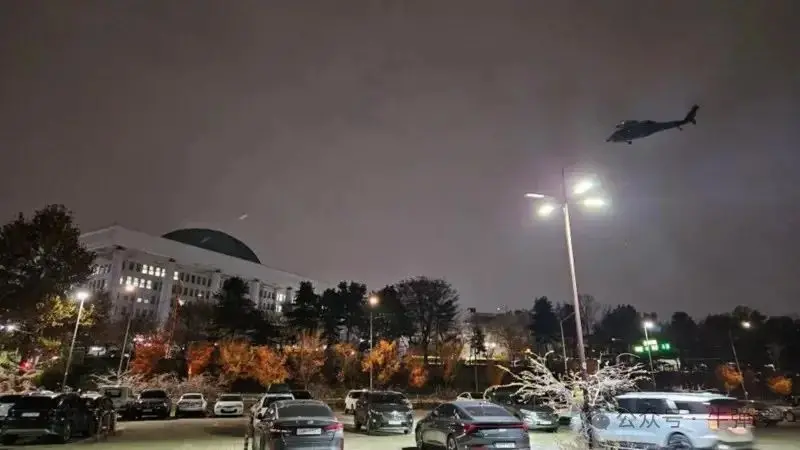
Question 6: What did the South Korean National Assembly do?
The National Assembly is a key force in South Korean politics.
Despite the obstruction, 190 lawmakers successfully entered the Assembly, surpassing the required majority, and the voting result was 190:0 to revoke the state of emergency.
The opposition and ruling parties, which had previously fought fiercely, put aside their differences at this moment, shook hands, and unanimously agreed: Yoon Suk-yeol’s state of emergency was invalid.
Abandoned by allies, Yoon Suk-yeol completely lost.
In the early hours of the 4th, he had no choice but to announce the withdrawal of emergency troops and the revocation of the state of emergency.
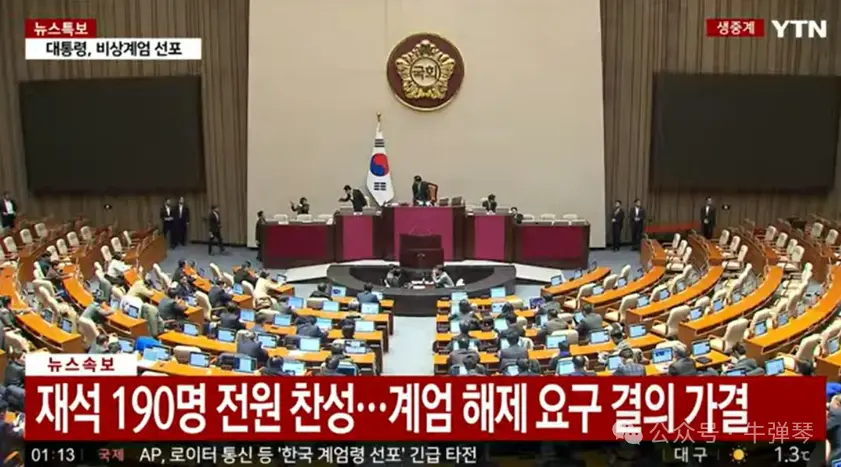
Question 7: Were there any signs beforehand?
Actually, there were.
As early as September this year, the opposition party disclosed that Yoon Suk-yeol was very likely to declare a state of emergency.
But this was considered completely absurd; at that time, the Chosun Ilbo even commented: Anyone with a bit of common sense would think this is nonsense. If the government were to declare a state of emergency, no one in the military would comply, and the government would almost simultaneously collapse. Which government would engage in such self-destructive behavior?
Sorry, but the president of South Korea would.
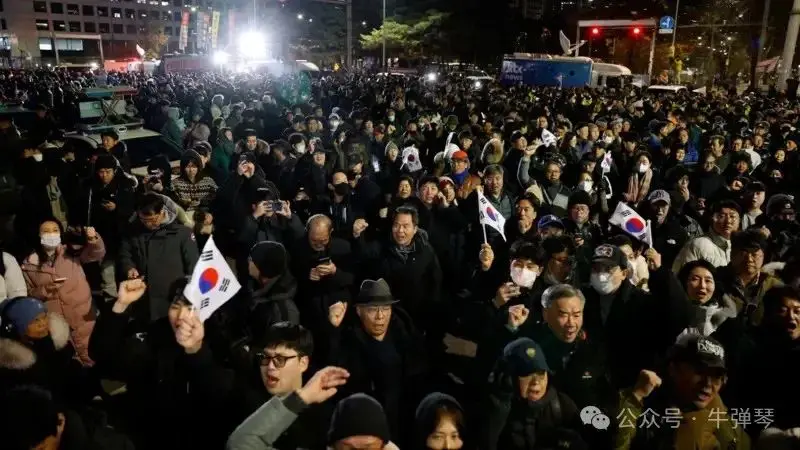
Question 8: How will Yoon Suk-yeol end?
Now is his most dangerous moment. He can either resign voluntarily and bow out; be impeached and ousted from the presidential office; or, like Roh Moo-hyun, close his eyes and bid farewell to life.
As long as he is alive, things are not over. The final outcome will definitely be imprisonment.
All the previous scandals will now be thoroughly investigated; the current state of emergency will also be fully accounted for.
Before becoming president, as the prosecutor general, Yoon Suk-yeol investigated others; now, new prosecutors will investigate him, and his entire family.
The price of impulsiveness.
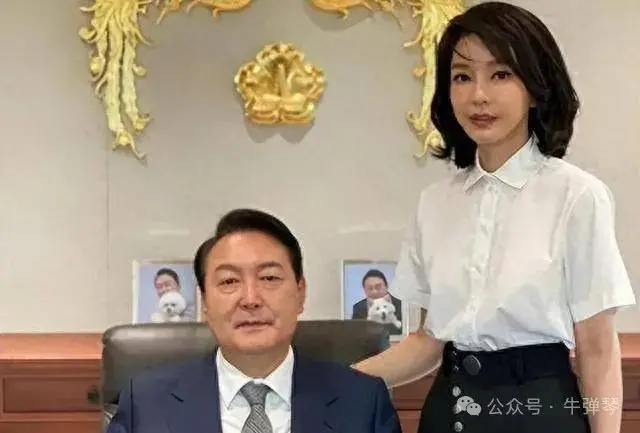
Question 9: What about the curse of the Blue House?
The whole world knows that the most dangerous profession in South Korea is being the president.
In any case, among all the past South Korean presidents, except for Moon Jae-in, none have had a good ending; those who went to prison went to prison, those who went into exile went into exile, and those who committed suicide committed suicide. This has been referred to as the “Blue House curse” by outsiders.
Therefore, after taking office as president, Yoon Suk-yeol resolutely refused to live in the Blue House, forcibly taking over the former Ministry of National Defense to turn it into the presidential office.
The Blue House was changed, but the curse was not broken.
Moreover, Yoon Suk-yeol’s ending may be even worse. Alas, had he known this would happen, why become the president of South Korea!
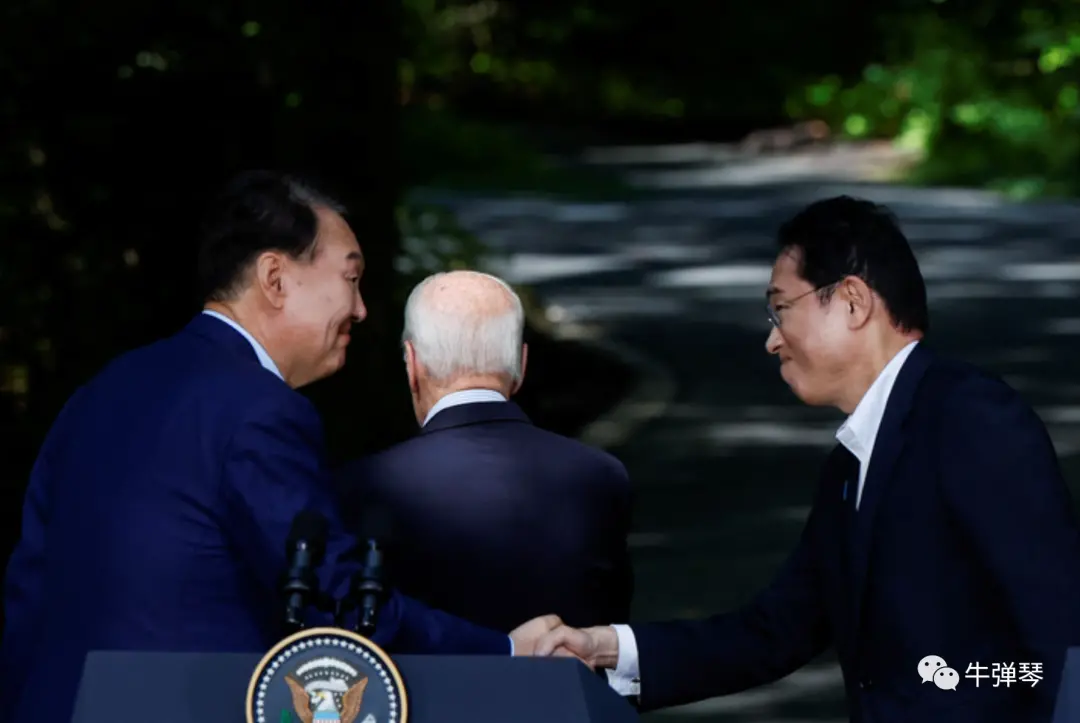
Question 10: What will happen to China-South Korea relations?
This is an internal affair of South Korea, which will not significantly affect China-South Korea relations; we can just watch the drama.
However, since Yoon Suk-yeol took office, he has been tough on the North, flattering Japan, and following the U.S. closely, causing the previously decent China-South Korea relations to plummet.
Who would have thought that in the end, he would end up like this.
You see him building high towers, you see him hosting guests, you see his tower collapse.
People are doing, and heaven is watching!
Finally, let me express a few sentiments: this was a historic night for South Korea. We witnessed a furious outburst for the sake of love, saw live streams of people climbing over walls to enter the National Assembly, witnessed both the ruling and opposition parties unite against the president, and saw helpless flowers fall. We should also expect to see the supreme leader enter prison in shackles…
From the president issuing the state of emergency to the National Assembly abolishing it, it took less than three hours.
But many people's fates were completely changed from then on.
No wonder Korean dramas are so exciting; because the reality in South Korea is even more thrilling!
Yoon Suk-yeol, oh Yoon Suk-yeol.
免责声明:本文章仅代表作者个人观点,不代表本平台的立场和观点。本文章仅供信息分享,不构成对任何人的任何投资建议。用户与作者之间的任何争议,与本平台无关。如网页中刊载的文章或图片涉及侵权,请提供相关的权利证明和身份证明发送邮件到support@aicoin.com,本平台相关工作人员将会进行核查。




